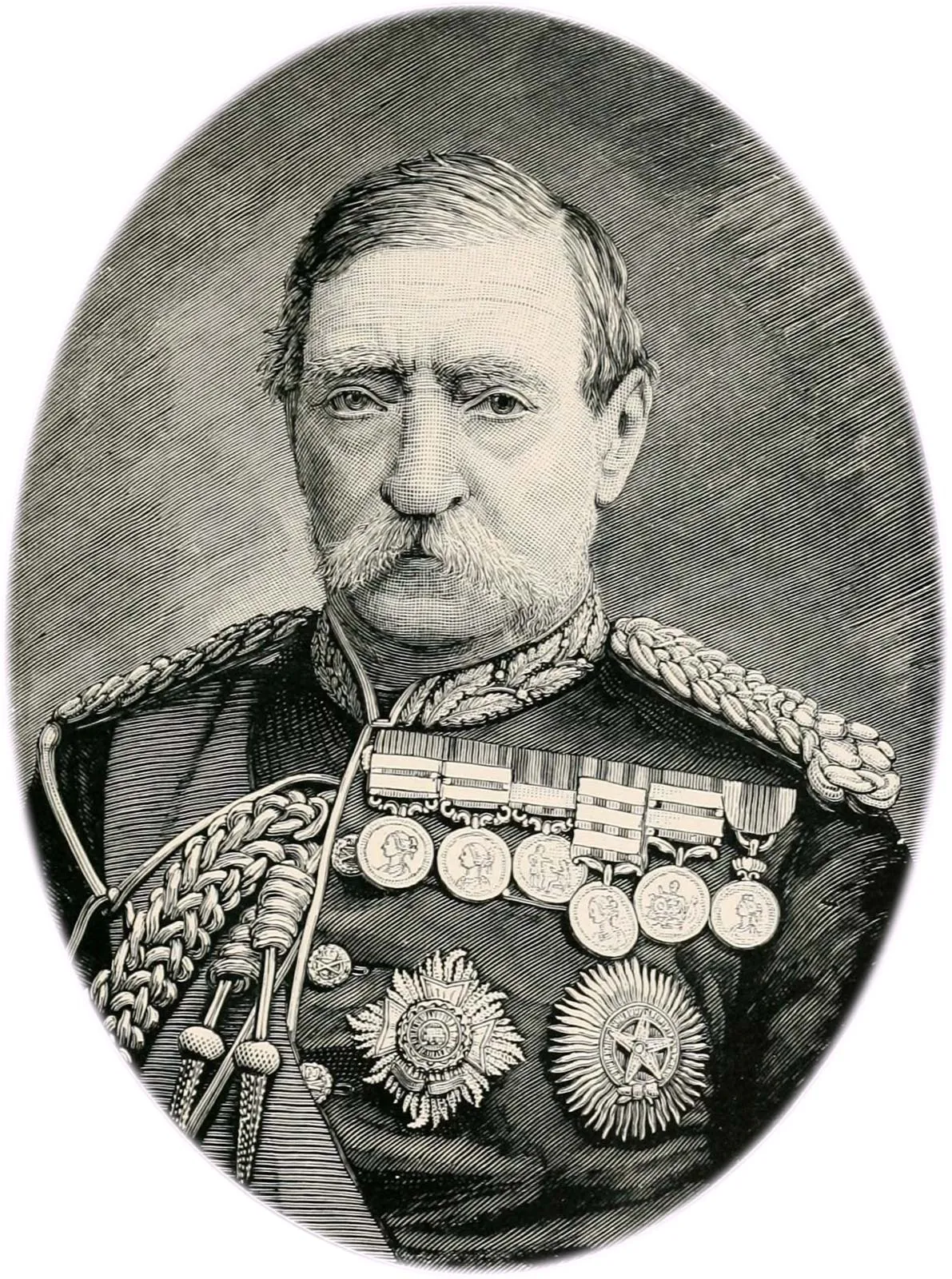What about them?

The Maqdala Manuscripts are Ethiopian Christian Orthodox texts from the 14th to 19th century. They include many things like religeous treatises books. Because they are some of the greatest pieces of Ethiopian artwork ever made, they have important cultural significance for the people of Ethiopia.
They are called the Maqdala manuscripts because in the 19th century, Emperor Tweodros II wanted to unify Ethiopia. One thing he did was scour the country for the greatest Ethiopian writings. He then gathered them into a single book at his mountain fort in Maqdala (modern day Amba Mariam).

In 1868, the British, led by Robert Napier, invaded Ethiopia with 13,000 troops. They did this in response to the Emperor holding some British hostage in retaliation for ignoring his pleas to develop relations with the British. The Battle of Maqdala caused the Emperor to commit suicide and caused the manuscripts to be taken by Brits as spoils of war.

Currently, the Ethiopian Government and the British Government are having talks to return these historic manuscripts back to their country of origin. While long-term loans have been agreed to thus far, it seems very unlikely that the permanent relocation of these artifacts takes place.